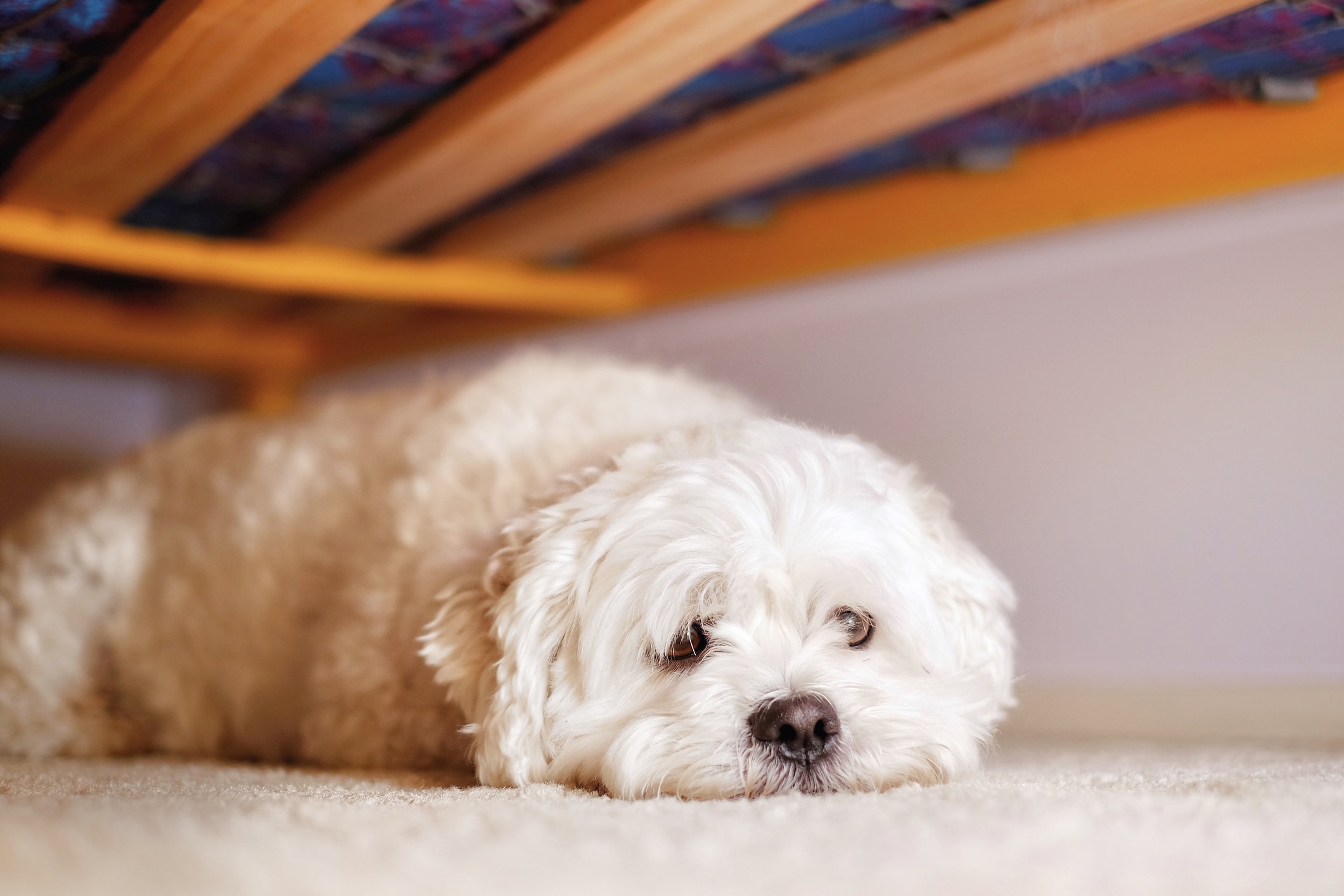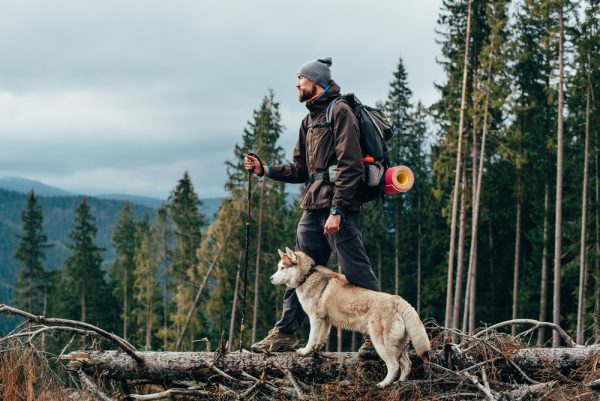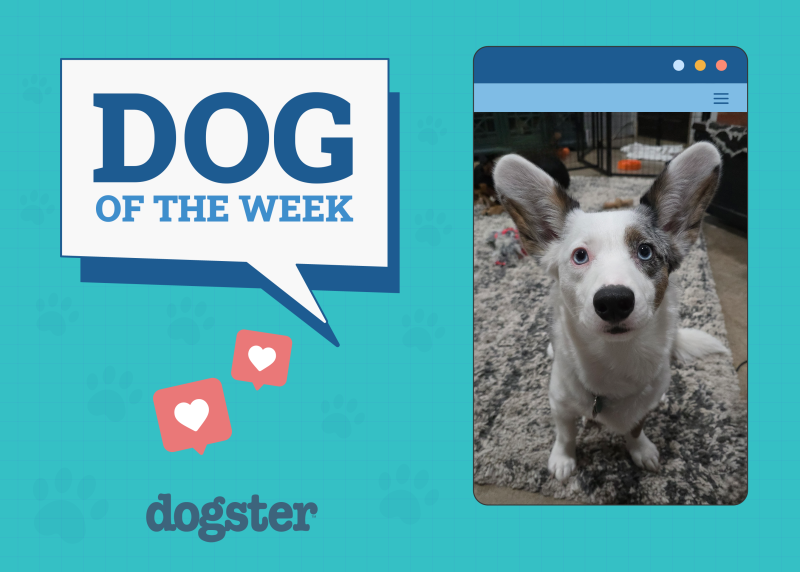Has your dog suddenly gotten extra clingy since you got back from vacation? Or perhaps, after being your travel companion on that vacation, your dog seems sad, stressed, or tired now that you’re both home?
The reasons can vary, but it often has something to do with the change in routine, and dogs typically return to being themselves after a few days. Let’s investigate the possible reasons for your dog’s change in mood or behavior post-vacation.

The 7 Possible Reasons Why Dogs Act Weird After Vacation
1. Routine Changes
When you’re home, you and your dog likely follow a routine: You wake up, go for walks, feed your dog, go to work, and go to bed at roughly the same time every day. Dogs come to rely on this routine as it makes them feel secure in that they have a good idea of what the day will bring. When you go on vacation—whether with or without your dog—this routine can be broken, and as a result, dogs can feel overwhelmed, stressed, and confused by the sudden change. It can take them a few days to feel comfortable again in their old routine.
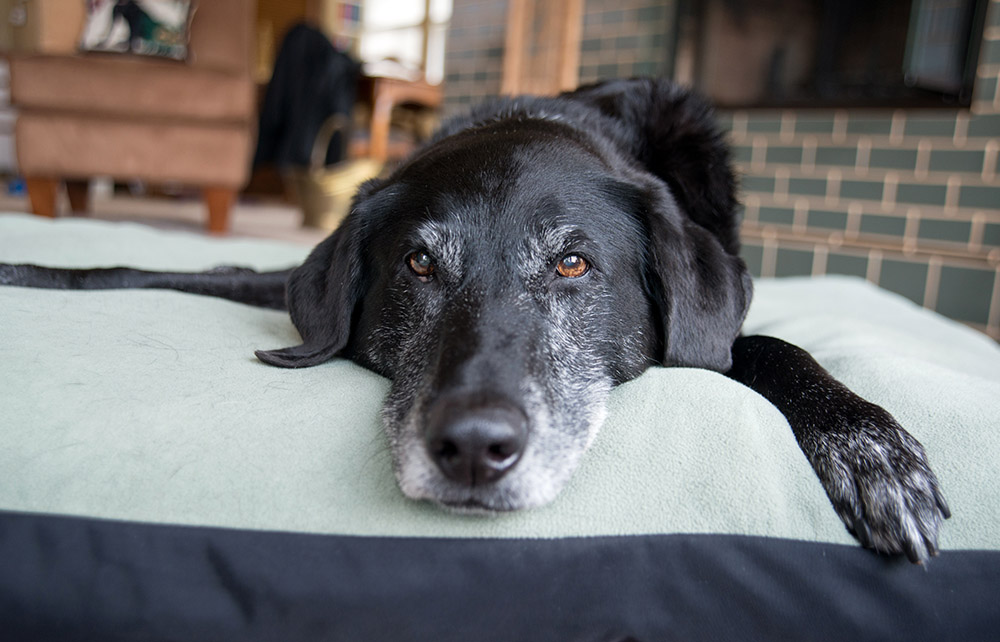
2. Separation Anxiety
If your dog is suddenly glued to your hip when you get home from vacation, they may be experiencing separation anxiety and are anxious that you’ll leave again.
Signs of separation anxiety in dogs include destructive behavior like chewing or scratching at furniture, doors, or other objects; going to the bathroom indoors; vocalizing with howls, barks, or whines; and being overexcited every time you come home. Your dog may also get agitated when you show signs of leaving, like picking up your keys or putting on your coat.
Separation anxiety isn’t something dogs get over in a few days: It often requires long-term, consistent, and gentle desensitization techniques. One technique is to have practice sessions during which your dog spends a very short amount of time alone (even just a few seconds) and builds up to the point where they’re comfortable spending longer periods of time without you.
Rewarding your dog for spending time alone and making their alone time fun (for example, with puzzle toys) helps this process along.
3. Journey Fatigue
Have you ever felt completely wiped out after a long journey, especially if that journey was extra stressful in some way? If your dog has been traveling with you and seems lethargic for a while when you get home, they may just be really exhausted from the journey they’ve taken and the change of routine.
As long as the lethargy doesn’t linger for long, there’s likely nothing to worry about.
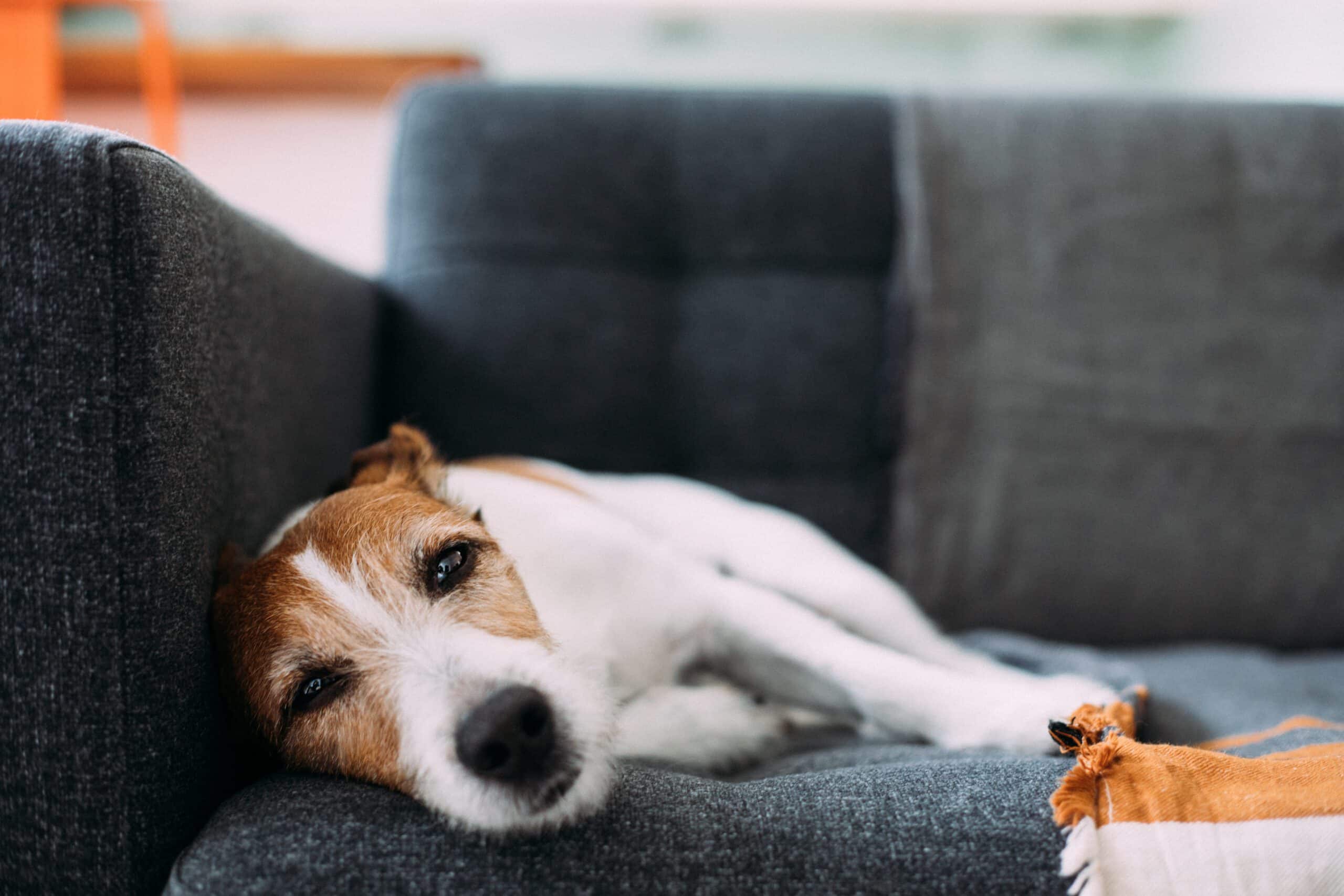
4. Boarding Trauma
If your dog stayed with a pet sitter or in a boarding facility and is acting strange after arriving home, it’s possible that they may have experienced something that had a negative impact on them. This could, of course, be the result of abuse or harsh punishments, but it may not be the fault of the person or people you left your dog with at all—sometimes, the situation in itself is simply stressful.
For example, if your dog stayed in kennels, they could have been stressed out by all the noise, smells, and a generally more chaotic environment than they’re used to.
They may have been afraid of the other dogs, gotten into a fight with another dog, or been bullied by other dogs—all things that could contribute to them feeling somewhat traumatized. As a result, your dog may be more reactive than usual.
5. Learned Behavior
Perhaps you got home to find your dog seemingly less enthusiastic about your return than you expected. What gives? If you tend to reward your dog when they’re calm and ignore them when they’re overexcited, the dog may have simply learned that calmness reaps rewards. If this is the case, it’s not at all a bad thing and just shows that you’ve trained your dog well!

6. Sickness or Injury
If your dog contracted an illness or injury while you were away, this could be the reason behind their change in behavior. Gently check your dog’s body for injuries and observe if they seem reluctant to be touched in certain areas.
Other signs a dog is unwell or in pain include lethargy, lower energy levels than usual, appetite loss, vomiting or having diarrhea regularly, breathing difficulties, foul breath, being uncharacteristically aggressive, bathroom habit changes, difficulties with movement, and whining or whimpering. Please see a vet right away if you suspect that your dog is unwell.
7. Depression
Just like humans, dogs sometimes suffer from depression. This can cause usually enthusiastic, happy dogs to become listless, fatigued, and uninteresting in the things they love most. In addition to being withdrawn, depressed dogs may experience appetite changes or a change in sleep patterns.
Your dog’s depression may diminish within a few days of your return, but if it continues or you spot signs of illness, please contact your vet.
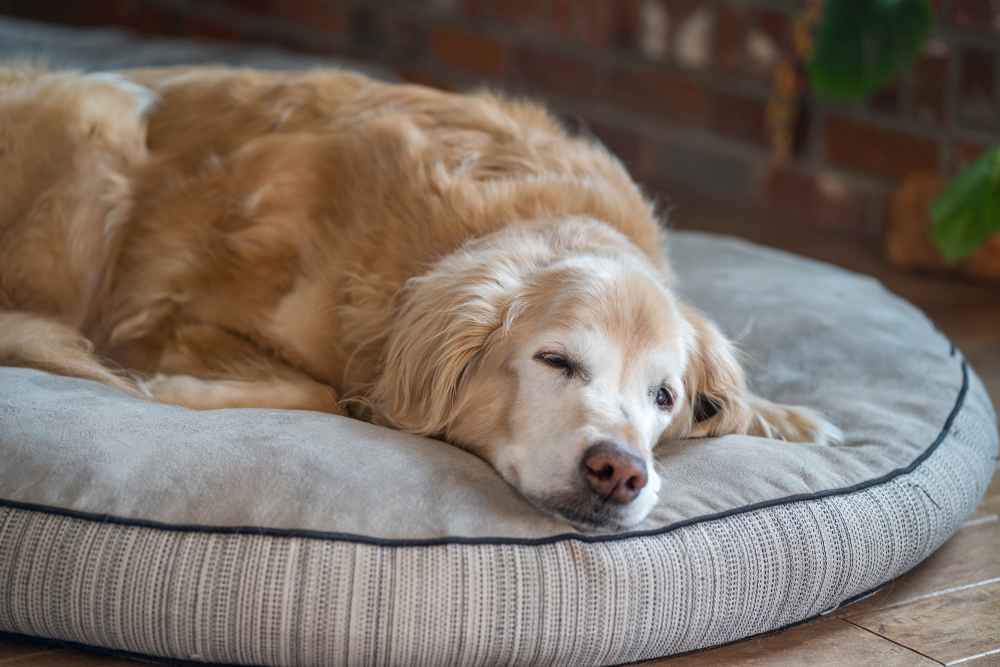

Conclusion
It might take a few days for your dog’s behavior and mood to return to normal when you get back from vacation as they adjust to the routine going back to normal. However, if your dog continues to seem not quite right after a short period, it is wise to consult your vet to rule out medical conditions or other issues.
Featured Image Credit: Kai-Chieh Chan EyeEm, Getty Images
